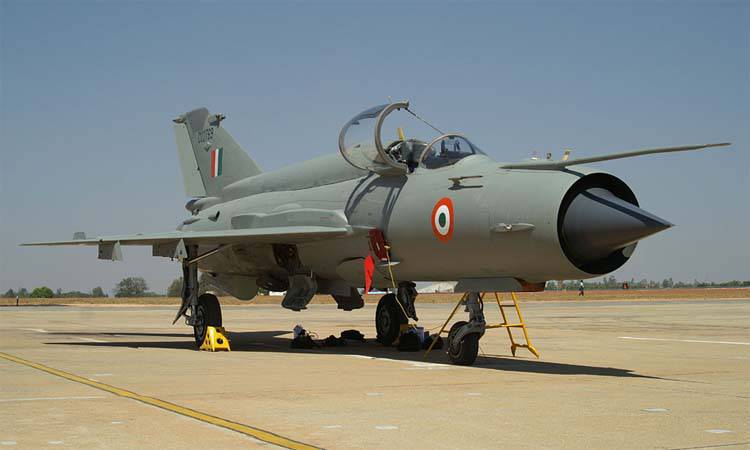SOURCE: AFI


The Indian Air Force (IAF) has decided to extend the service life of its MiG-21 Bison fighters due to delays in the induction of the indigenous Tejas Mk1A fighter jets. Originally scheduled to retire by December 2025, the MiG-21 Bison fleet will continue to operate until the Tejas Mk1A program can fill the gap in operational capabilities.
The IAF had planned to establish its first Tejas Mk1A squadron at Nal Air Force Base in Rajasthan’s Bikaner by July 2024, marking a major step forward in modernizing its fleet. However, delays in the supply of engines required for the Tejas Mk1A jets have hindered the production capabilities of Hindustan Aeronautics Limited (HAL). These delays have pushed back the timeline for replacing the aging MiG-21s.
The Tejas Mk1A is expected to feature significant upgrades over its predecessor, including advanced radar systems, improved electronic warfare capabilities, and a broader weapons payload. However, until its induction process gains momentum, the IAF is left with no choice but to retain the MiG-21 Bison in active service.
The delay in Tejas Mk1A induction is a setback to the IAF’s modernization plans, which aim to phase out older platforms like the MiG-21 and equip the force with state-of-the-art fighters. The MiG-21 Bison’s continued service underscores the urgency of speeding up production and delivery timelines for indigenous platforms.
To address the delay, HAL is working to resolve supply chain issues and scale up production. The IAF, in the meantime, is focused on maintaining the MiG-21 Bison fleet in a mission-ready state. The continuation of the MiG-21 Bison service is viewed as a temporary solution, with IAF leadership reiterating the importance of fast-tracking Tejas Mk1A deliveries.